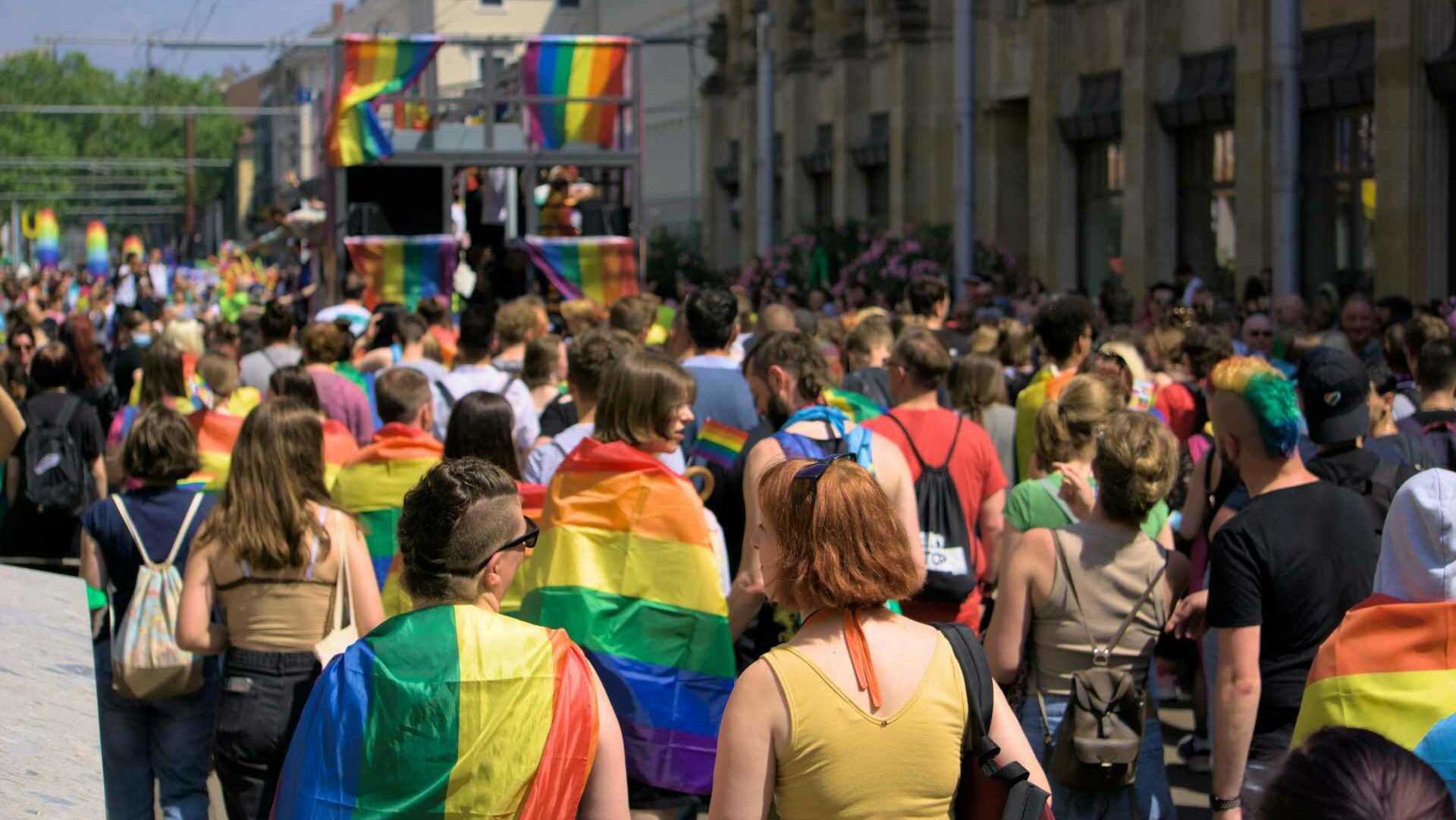New data shows LGB people twice as likely to self harm or take their own life
The data shows the suicide rate among LGB people aged 45 - 64 years old is double that of people aged 16 - 24 years old
By Gary Grimes

Lesbian, gay or bisexual people are twice as likely to self harm or die by suicide, new data recorded by the Office for National Statistics (ONS) has shown.
The new data is based on an analysis of NHS hospital records and death registrations for adults in England and Wales between 2021 and 2023, cross referenced with data on sexuality from the 2021 census.
These shocking figures show that 50.3% of LGB people per 100,000 considered or attempted suicide between 2021 to 2023, over double that of their straight counterparts (23.1%).
Bisexual people were found to be slightly more at risk of considering or attempting to harm themselves than gay men or lesbians.
For the first time, we've linked census data to death registrations and administrative NHS hospital records to estimate how the risk of intentional self-harm and suicide differs by sexual orientation, England and Wales: March 2021 to December 2023.
— Office for National Statistics (ONS) (@ONS) April 9, 2025
➡️ https://t.co/2lNJ03OleM pic.twitter.com/HMnVr6hoNZ
Suicide rates were worse among the Black community, with the risk of suicide among Black LGB+ people 4.7 times higher than for their heterosexual peers.
Among LGB people, the suicide rate increased with age, data showed, with 67 deaths by suicide per 100,000 people age 45 – 64 years old, compared with just 37 per 100,000 in people aged 16 – 24 years old.
People who identify as trans or nonbinary were not included in this data analysis.
“Today’s data paints a bleak picture that demands action. People with minoritised sexual orientations have a drastically higher risk of suicide and self-harm and these figures must now force Government to address this inequality issue before more lives are lost,” commented Jacqui Morrissey, Assistant Director of Influencing at Samaritans.
“Government can no longer drag its feet; lives depend on getting this right” - Jacqui Morrissey of the Samaritans
“While this data being published for the first time is a hugely important step forward for suicide prevention, we know the full picture is incomplete,” Morrissey continued. “Barriers still exist to people feeling able to disclose their sexual orientation, while a significant number of people who self-harm don’t attend hospital, so sadly the reality could be even starker.
She went on to note: “Urgent action is needed across healthcare to tackle the barriers that LGBTQ+ people face to getting the support they really need. Local community spaces by and for LGBTQ+ people can also be a lifeline but far too often fill the gaps in statutory services. More investment is needed now. Government can no longer drag its feet; lives depend on getting this right.”
In light of these alarming figures, the support group You Are Loved is launching national LGBTQ+ focused bereavement peer support groups. You can learn more about the services they offer here.
